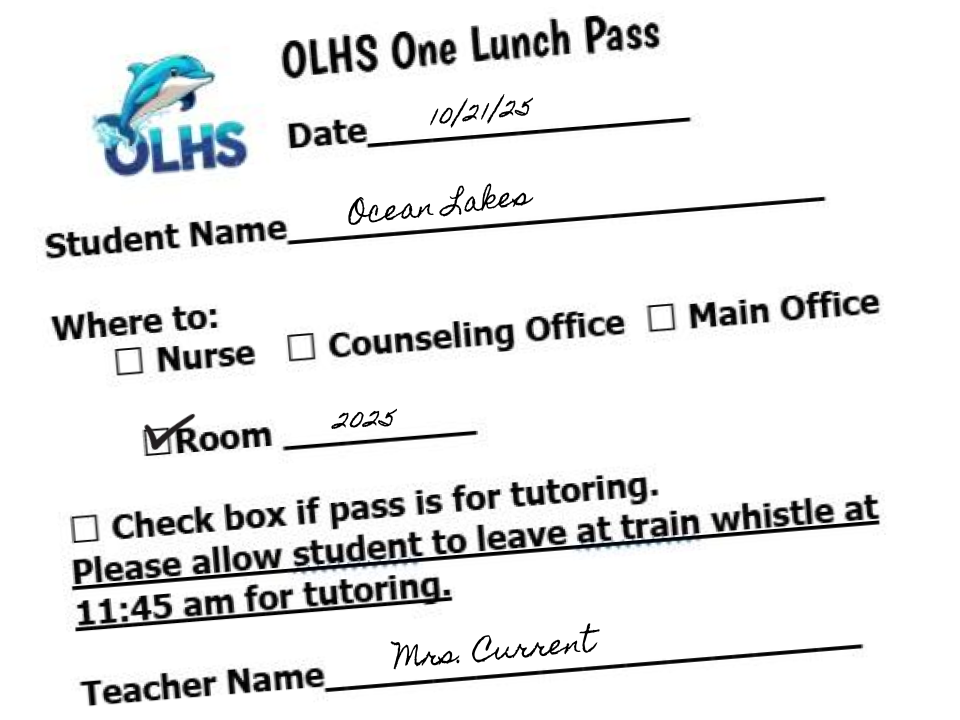I dread writing. I often struggle to find words that accurately articulate my ideas, and when I finally do, I am faced with the challenge of structuring such thoughts in an organized way.
Luckily, I am not alone.
The last national writing assessment administered in 2011 yielded that only 24% of eighth and 12th graders could write at a “proficient” writing level. Another national test will not be administered until 2030 because of the National Assessment Governing Board’s establishment of a new writing framework, according to Forbes.
In the meantime, poor writing skills have trickled down into higher education.
Most college freshmen cannot write “clearly, effectively and coherently,” due to poor preparation in high school, according to Deme Learning.
For decades new standards and frameworks have been introduced to schools by the National Assessment Governing Board without reaping any improvements.
Factors for declining writing skills include increasing distractions due to technology, teachers feeling unprepared to teach writing and large class sizes that make the job of providing individual feedback impossible, according to EDNC.
While poor writing may seem inconsequential, this problem hints at a deeper issue. A person’s level of writing reflects his or her depth of thought and ability to critically think.
Writing is linked with memory, critical thinking skills, creativity, verbal skills and health, according to MSU Denver.
The national underperformance in writing indicates an entire generation that lacks the ability to exercise the full potential of cognitive function.
Individuals should work to refine their writing skills. The biggest thing people can do to improve their writing is practice. Review grammar rules, seek feedback and read challenging texts. Improvement is possible with time and dedication.






















